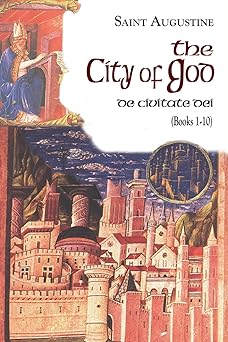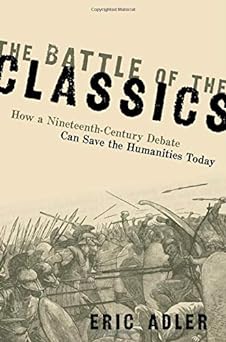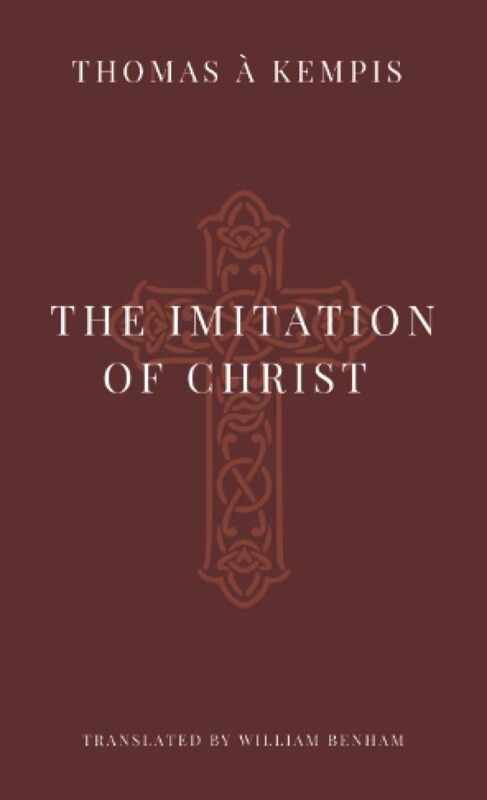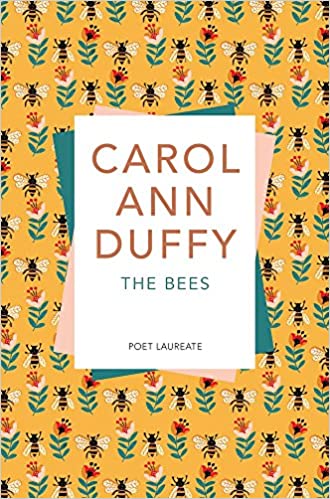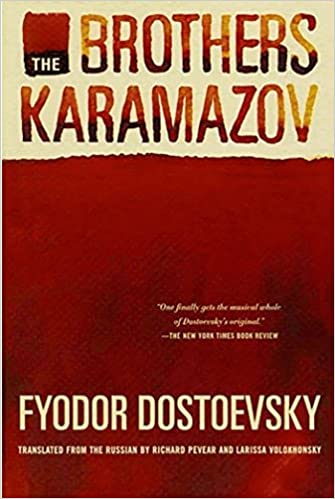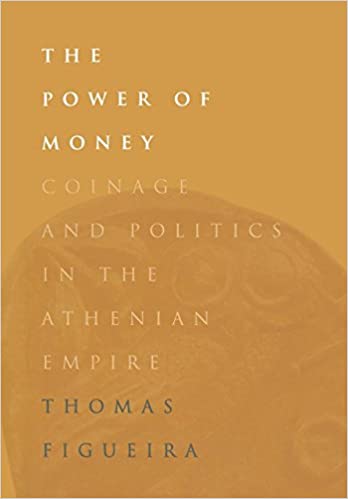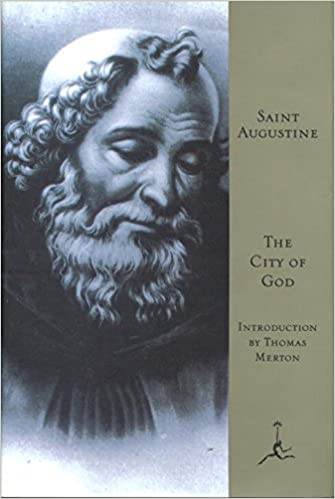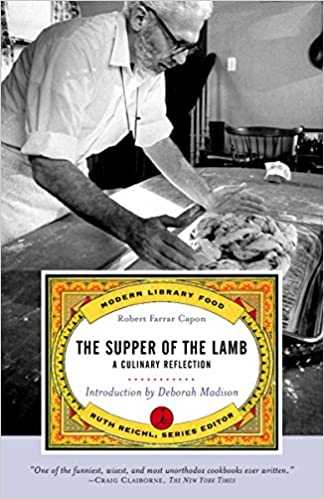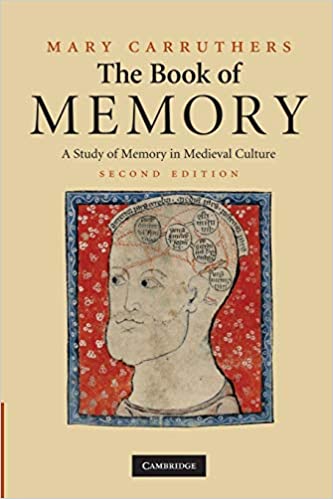Guest Picks
The City of God (The Works of Saint Augustine: A Translation for the 21st Century)
Along with his Confessions, The City of God is undoubtedly St. Augustine's most influential work. Following Augustine's critique of the Roman religious, political, and intellectual tradition in Books 1-10, Books 11-22 set out his great vision of the origins, the histories, and the ultimate destinies of the two cities: the earthly city, rooted in love of self as expressed in the pride and lust for domination that shatter human society, and the heavenly city, rooted in love of God as expressed in the humility and yearning for the supreme good that unite humanity in a just social order. For all those who are interested in the greatest classics of Christian antiquity, The City of God is indispensable.
This long-awaited translation by William Babcock is published in two volumes, with an introduction and annotation that make Augustine's monumental work approachable. The INDEX for Books 1-22 (both volumes of The City of God) is contained in this volume.
More info →The Battle of the Classics: How a Nineteenth-Century Debate Can Save the Humanities Today
These are troubling days for the humanities. In response, a recent proliferation of works defending the humanities has emerged. But, taken together, what are these works really saying, and how persuasive do they prove? The Battle of the Classics demonstrates the crucial downsides of contemporary apologetics for the humanities and presents in its place a historically informed case for a different approach to rescuing the humanistic disciplines in higher education. It reopens the passionate debates about the classics that took place in late nineteenth- and early twentieth-century America as a springboard for crafting a novel foundation for the humanistic tradition.
Eric Adler demonstrates that current defenses of the humanities rely on the humanistic disciplines as inculcators of certain poorly defined skills such as "critical thinking." It criticizes this conventional approach, contending that humanists cannot hope to save their disciplines without arguing in favor of particular humanities content. As the uninspired defenses of the classical humanities in the late nineteenth century prove, instrumental apologetics are bound to fail. All the same, the book shows that proponents of the Great Books favor a curriculum that is too intellectually narrow for the twenty-first century. The Battle of the Classics thus lays out a substance-based approach to undergraduate education that will revive the humanities, even as it steers clear of overreliance on the Western canon. The book envisions a global humanities based on the examination of masterworks from manifold cultures as the heart of an intellectually and morally sound education.
More info →Imitation of Christ
A new, beautifully laid-out pocket edition of Thomas à Kempis's classic Christian devotional work, The Imitation of Christ. Originally written in medieval Latin c. 1481-1427, The Imitation of Christ is one of the most enduring works of late medieval Christian piety and remains ] the most widely read Christian devotional after the Bible. Divided into four books and dozens of bite-sized subchapters, The Imitation of Christ focuses on providing practical and spiritual advice for cultivating an interior life that mirrors the virtues of Jesus Christ. This edition is based on the English language translation by William Benham (1831–1910).
Thomas à Kempis (1380 – 1471) was a German-Dutch clergyman of the late medieval period and the author of The Imitation of Christ, one of the most popular and best known Christian devotional books. His name means "Thomas of Kempen", Kempen being his home town.
William Benham (1831–1910) was an English clergyman and prolific author.
More info →The Bees
Here Carol Ann Duffy uses her full poetic range: there are drinking songs, love poems, poems of political anger; there are elegies, too, for beloved friends, and—most movingly—the poet’s own mother. Woven and weaving through the book is its presiding spirit: the bee. Sometimes the bee is Duffy’s subject, sometimes it strays into the poem, or hovers at its edge. In the end, Duffy’s point is clear: the bee symbolizes what we have left of grace in the world, and what is most precious and necessary for us to protect. The Bees, at once intimate and public, is a work of great power from one of our most cherished poets.
More info →Leisure: The Basis of Culture
One of the most important philosophy titles published in the twentieth century, Josef Pieper's Leisure, the Basis of Culture is more significant, even more crucial, today than it was when it first appeared more than fifty years ago. This edition also includes his work The Philosophical Act. Leisure is an attitude of the mind and a condition of the soul that fosters a capacity to perceive the reality of the world. Pieper shows that the Greeks and medieval Europeans, understood the great value and importance of leisure. He also points out that religion can be born only in leisure -- a leisure that allows time for the contemplation of the nature of God. Leisure has been, and always will be, the first foundation of any culture. Pieper maintains that our bourgeois world of total labor has vanquished leisure, and issues a startling warning: Unless we regain the art of silence and insight, the ability for non-activity, unless we substitute true leisure for our hectic amusements, we will destroy our culture -- and ourselves.
More info →The Brothers Karamazov
"The Brothers Karamasov is a murder mystery, a courtroom drama, and an exploration of erotic rivalry in a series of triangular love affairs involving the “wicked and sentimental” Fyodor Pavlovich Karamazov and his three sons―the impulsive and sensual Dmitri; the coldly rational Ivan; and the healthy, red-cheeked young novice Alyosha. Through the gripping events of their story, Dostoevsky portrays the whole of Russian life, is social and spiritual striving, in what was both the golden age and a tragic turning point in Russian culture.
This award-winning translation by Richard Pevear and Larissa Volokhonsky remains true to the verbal
inventiveness of Dostoevsky’s prose, preserving the multiple voices, the humor, and the surprising modernity of the original. It is an achievement worthy of Dostoevsky’s last and greatest novel."
Adventures of Huckleberry Finn
From Amazon:
"Ernest Hemingway said, “All modern American literature comes from one book by Mark Twain called Huckleberry Finn". One hundred years after its author’s death, this classic remains remarkably modern and poignantly relevant. In this brand new edition, Elijah Wood reads Huck in a youthful voice that may be the closest interpretation to Twain’s original intent. His performance captures the excitement and confusion of adolescence and adventure. Best of all, the immediacy of Wood’s energetic reading sweeps listeners up and makes them feel as though they’re along for the ride, as Huck and Jim push their raft toward freedom."
More info →Confessions
From Amazon:
"Augustine's fourth-century spiritual autobiography not only is a major document in the history of Christianity, a classic of Roman Africa, and the unchallenged model through the ages for the autobiographical record of the journey to self-knowledge, it also marks a vital moment in the history of Western culture.
As Augustine explains how, when, and why he became the man he is, he probes the great themes that others were to explore after himCfaith, time, truth, identity, and self-understanding--with a richness of detail unmatched in ancient literature. Dense with vivid portrayals of friends, family, colleagues, and enemies, The Confessions chronicles the passage from a life of sensuality and superstition to a genuine spiritual awakening--in a powerful narrative of one man's inner education that continues to shape the way we think and act today."
More info →The Power of Money: Coinage and Politics in the Athenian Empire
Was Athens an imperialistic state, deserving all the reputation for exploitation that adjective can imply, or was the Athenian alliance, even at its most unequal, still characterized by a convergence of interests?
The Power of Money explores monetary and metrological policy at Athens as a way of discerning the character of Athenian hegemony in midfifth-century Greece. It begins with the Athenian Coinage Decree, which, after decades of scholarly attention, still presents unresolved questions for Greek historians about content, intent, date, and effect. Was the Decree an act of commercial imperialism or simply the codification of what was already current practice?
Figueira interprets the Decree as one in a series concerned with financial matters affecting the Athenian city-state and emerging from the way the collection of tribute functioned in the alliance that we call the Athenian empire. He contends that the Decree served primarily to legislate the status quo ante.
More info →City of God (Modern Library version)
First published in the first part of the 5th century A.D., “The City of God” is Saint Augustine’s highly influential work of Christian philosophy. This expansive theological work provided an articulate defense of Christianity against the claims that it lead to the downfall of Rome in the years preceding its publication. It outlines a citizenship that goes beyond the worldly, the political, and the self-centered, instead focusing on a place where the inhabitants are devout, God-focused, and seeking grace. In examining history with a clear perception of good and evil, Augustine was in effect interpreting human actions in relation to eternity. He contrasts earthly and heavenly cities to great effect, in addition to inspecting pagan religions, Greek philosophers like Plato, and the Bible. A monumental influence upon Augustine’s contemporaries, “The City of God” is considered a foundational work of Christianity philosophy, which would establish Augustine of Hippo as one of the most important fathers of the Catholic Church, and continues to resonate with the Christian faith until this day.
More info →The Book of Memory: A Study of Memory in Medieval Culture
Mary Carruthers’s classic study of the training and uses of memory for a variety of purposes in European cultures during the Middle Ages has fundamentally changed the way scholars understand medieval culture. This fully revised and updated second edition considers afresh all the material and conclusions of the first. While responding to new directions in research inspired by the original, this new edition devotes much more attention to the role of trained memory in composition, whether of literature, music, architecture, or manuscript books. The new edition will reignite the debate on memory in medieval studies and, like the first, will be essential reading for scholars of history, music, the arts and literature, as well as those interested in issues of orality and literacy (anthropology), in the working and design of memory (both neuropsychology and artificial memory), and in the disciplines of meditation (religion).
More info →
